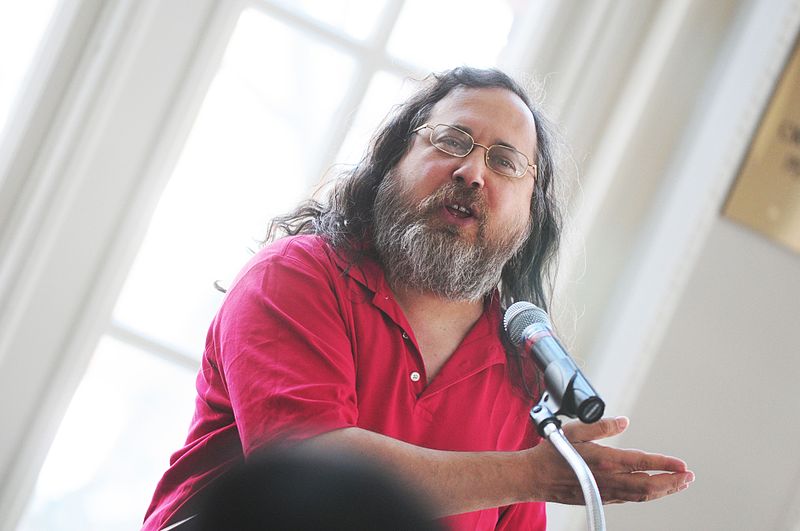
Summary: A roundup of patent news affecting GNU/Linux and policy facilitating software patents in the United States
Patents and Free software don't get along. It's not surprising to see them colliding more and more as Free software becomes mainstream and even dominant in the operating systems sector.
Patent aggressor/accumulator
Amazon has just gotten a taste of
its own poison and it is targeting its Linux device, Kindle. 6 patents are involved in this lawsuit, which means that there is another attack vector challenging most Linux-based eReaders (almost all eReaders run Linux, some with GNU).
Linux, GNU, and Android have become common targets for patent aggressors. Apple was first large company to sue Android with patents and it is
still going after Google through
Motorola (aiming at FRAND with
antitrust, just like Microsoft). Apple is also suing
Samsung and it initially sued HTC (see
Apple vs HTC). Both companies pay Microsoft for Linux, but possibly just for FAT support inside of it. According to
this notice [PDF] from the
ITC, deterrence against Apple's litigation might not work as
CPTN members
lobbied to stop an iPhone 4 ban and
succeeded, letting Apple pursue its embargoes of Android devices without facing any risk of its own. Obama is to blame:
Obama vetos iPhone ban, gives Apple unfair advantage
As expected the Obama administration came running to wipe the nose of Apple by vetoing the ban on some of its iPhone and iPads. Samsung had won the ban from the ITC, as a response to Apple's repeated legal attacks on the company globally. This was one victory which could have forced Apple into settling the patent dispute for good.
Since when do Obama
et al.
specialise in patent cases? All they do is say they'll go after trolls while allowing cartels like CPTN to distort the market. Well, there is minor real progress by Google and Red Hat after
they disappointed by going after trolls only. As Benjamin Henrion (FFII)
put it the other day, "Google, Redhat and al petition US Congress to outlaw business methods, while they are fundamentally software patents" (
link). To quote:
"This week, a coalition of more than 40 companies sent a letter to Congress asking for legislation that expands the Covered Business Method (CBM) program, a move some feel would stem patent abuse in the United States. Expanding the scope of CBM—a program that grants the Patent and Trademark Office the power to challenge the validity of certain business methods patents—would expedite the patent review process and significantly cut litigation costs, they say. "The vague and sweeping scope of many business method claims covering straight forward, common sense steps has led to an explosion of patent claims against processes used every day in common technologies by thousands of businesses and millions of Americans," says the letter, signed by companies like Amazon, Netflix, Red Hat, Macy's, and Kroger)."
Meanwhile there's resistance. The
USPTO's staff is trying to guard against reform. In a paper which is
being promoted by patent lawyers (the leeches in this whole system, as the leeches are
not those who won't bother with insulting patents on trivial ideas) it is being
claimed that software patents are not a problem. As Gérald Sédrati-Dinet (April) ââ¬Â
put it, "PTO staff are known academics ? sorry but you'll need more convincing study" (it's not even a study, it's propaganda/marketing).
⬆
"I could have made money this way, and perhaps amused myself writing code. But I knew that at the end of my career, I would look back on years of building walls to divide people, and feel I had spent my life making the world a worse place."
--Richard Stallman

